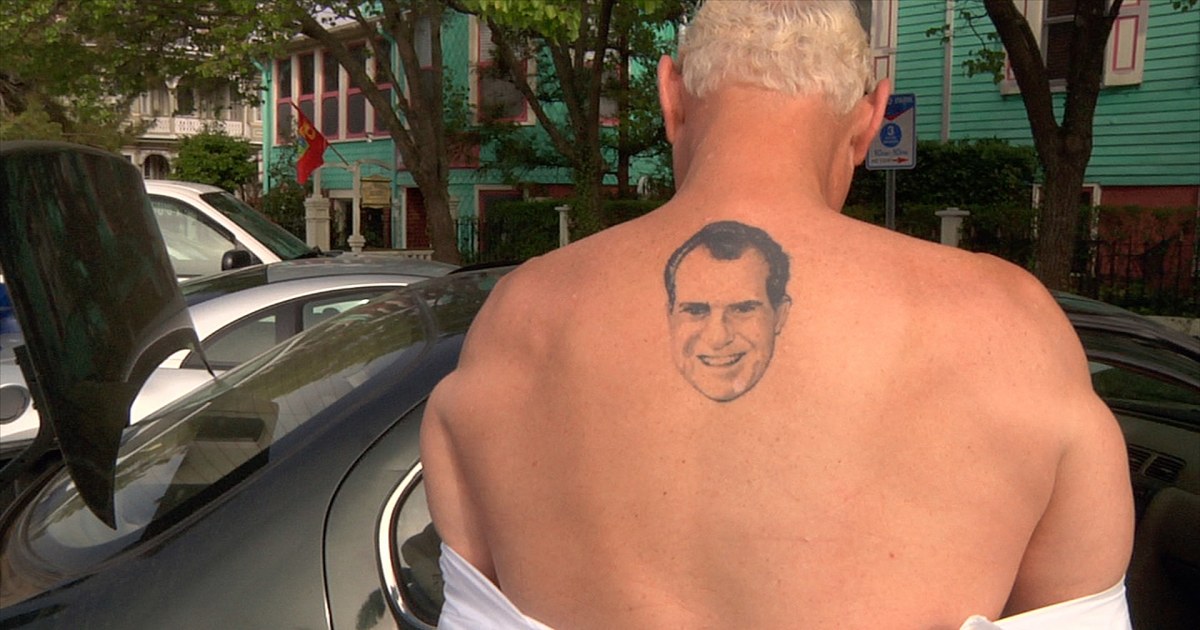The Electoral College ain't going anywhere. A unanimous vote of the states to eliminate it ain't gonna happen.
You don't need a unanimous vote... You need 2/3rds of Congress and 3/4 of the states.
Or just getting enough states to sign on to the Interstate Compact.
The interstate compact is probably unconstitutional and will fall apart anyway the second a State is forced to give all their EV's to a candidate the people in it didn't vote for.
States ALREADY give all their EVs to a candidate its voters didn't vote for. As I just noted above.
For example in 2016 exactly that happened in:
- Arizona
- Colorado
- Florida
- Maine*
- Michigan
- Minnesota
- Nebraska*
- New Mexico
- North Carolina
- Pennsylvania
- Utah
- Virginia
- Wisconsin
*Maine and Nebraska partially split EVs by district; neither Maine district elected a non-majority candidate but the state as a whole, did, while NE-2 awarded its EV to a candidate the voters did not selectThat's the second point addressed upstairs in post 156. This is also what's behind the OP's call for runoffs and/or ranked choice voting.
As far as the Compact being "unConstitutional" we all know by now that the COTUS Article 2 declares that states shall choose their electors "in such Manner as the Legislature thereof may direct" --- the Compact would simply be the Manner they direct. That Article was strongly used as basis last year when SCOTUS (unanimously) upheld state so-called "faithless elector" laws, despite such laws running contrary to the original spirit of the EC (again see post 156).
CORRECTION: I forgot another state here -- Nevada.
So the more complete list of states where the EV winner could not win 50% of the state would look like:
- Arizona
- Colorado
- Florida
- Maine*
- Michigan
- Minnesota
- Nebraska 2nd district
- New Mexico
- Nevada
- North Carolina
- Pennsylvania
- Utah
- Virginia
- Wisconsin
They don't need 50% to win, they need a plurality.
Under the Compact even States where the Majority voted for Candidate X, Candidate Y would "win" based on votes OUTSIDE the State.
Outside AND inside. See previous post.
AGAIN, the Constitution doesn't require that states hold a vote AT ALL. They can assign Electors however they want. If Pennsylconsin decides it will throw darts at board and then consult a numerologist, then that's their system.


